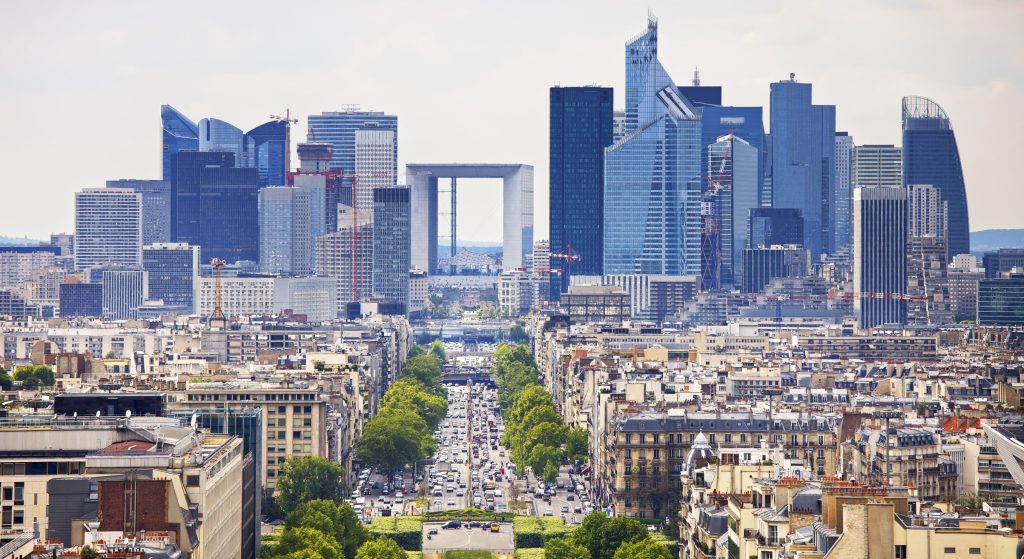Innovation cannot find a better definition than this famous and motivational quote from Benjamin Franklin:
“There are many roads to success, but only one sure road to failure; and that is to try to please everyone else.”
Thus, giving it a try may look like a winding road, so take a look at these inspirational stories.
Facing the frontline scenario
Some of my business partners from the US and India started asking me how to launch a company in Europe.
They never imagined how much time and energy it could consume. Here is a frontline scenario a typical entrepreneur in France faces.
The first “advice” I gave was:
“You want to bring a company here, that’s not an easy task.”
As the first step, you will need to brace yourself for daunting paperwork and reaching out concerned authorities, which could be time exhausting.
Now, if there is something I learned from successful entrepreneurs is that they hate negativity and cowardice people.
Perhaps, this is one of the main reasons that explains the lack of interest of the US investors for the French tech companies.
However, this is not always the case. Many startups have risen from the scrap to reach crown, and are now recognized internationally.
Successful entrepreneurs
Daniel Marhely, co-founder of Deezer, left school at 16 to pursue his dream as an entrepreneur.
After five years, he launched two companies simultaneously: a dating website (Lovely.com) and a music-sharing website (blogmusik.net).
The music sharing platform had a major business breakthrough as many people become their users.
While rivals in the same domain closed due to copyright issues, Daniel Marhely and his partner Jonathan Benassaya solved this issue through the SACEM (French authority for artistic copyrights).
Eventually, blogmusik.net became Deezer and the success of the platform helped the company raise millions of euros in funding. In 2016, Access Industries bought Deezer.
Another well-known name in the French startup scene is Eric Setton, the founder of Tango, a video chat application.
It was Eric Setton and his business partner Uri Raz who conceived this idea. They were working away from their families and wanted to keep in touch with their loved ones.
Finally, the dream became true. Just on time, the app helped the Setton’s see his new born baby.
By the time Alibaba bought a share of the business, the startup has raised more than 360 million dollars in outside capital.
If the success could have been predictable in France and abroad, it was not the case for Boris Saragaglia, founder of Spartoo, an online e-commerce platform specialised in selling shoes.
In 2004, no one in France could have ever thought this idea could become such a hit. It was simply not in the mindset of people to buy shoes online.
However, Boris Saragaglia noticed that this model was successful in the US and Asia and could be replicated in France. He accepted the challenge and he won!
Face the global competition
In this third age of globalisation, it seems substantive that a business does not really know any limits as far as the digital spectrum can be omnipresent and omniscient.
In brief, the chances of enhancing our way of living thanks to a startup are unimaginable, and this is the highway of motivation for new entrepreneurs.
Hence, being competitive nationally is not enough anymore. Millennials must enhance their skills to face the global competition.
Innovation must be a team job between searchers, institutions, and entrepreneurs.
This is the main condition to realise sustainable companies and improve the economy. French tech startups today rely on banks, which cut away the possibility to take the risk.
Yet, startups offer a chance to change our way of life with more sustainability, sharing economy by creating more jobs.
Neighbouring countries in Europe like Germany, Norway and Denmark have a low unemployment rate compared to France because of the startup contribution to the economy.
If you are ready to start now, write up your ideas, enhance them, refine them together with like-minded individuals from the same domain, assemble a team and convert these ideas into action.
Most of the failure occurs due to lack of objective and solid business plan, lack of mentorship and finding an investor.
Entrepreneurs should keep in mind that “Rome was not built in a day”. But it has happened, and when it happened it became so iconic.
If entrepreneurship is for you, just be committed and you can witness the reward.
If you know more inspirational stories about startups, or want to share how you find this article, just leave your comment below.
For more business tips, check our entrepreneurship section and subscribe to our weekly newsletters.
